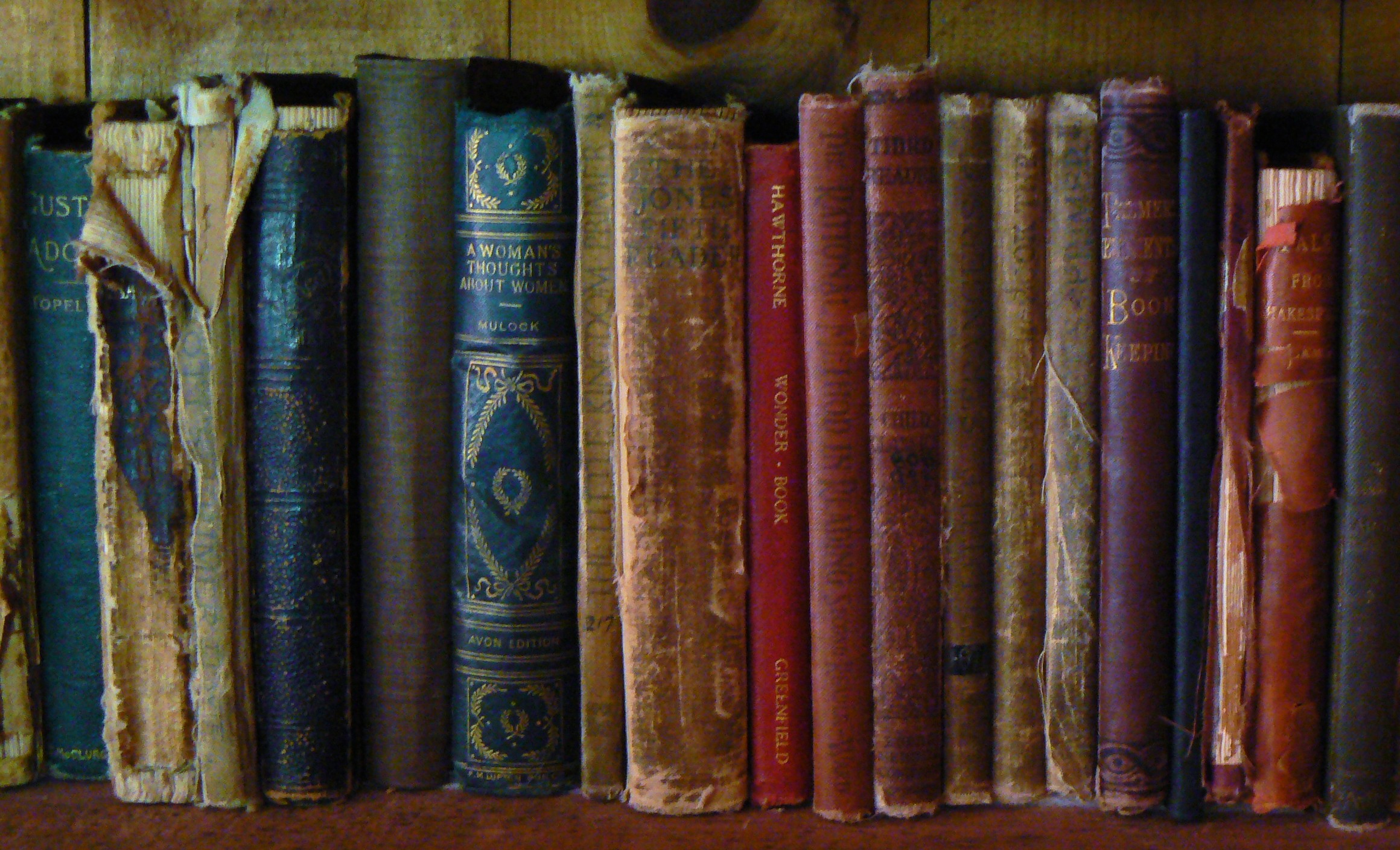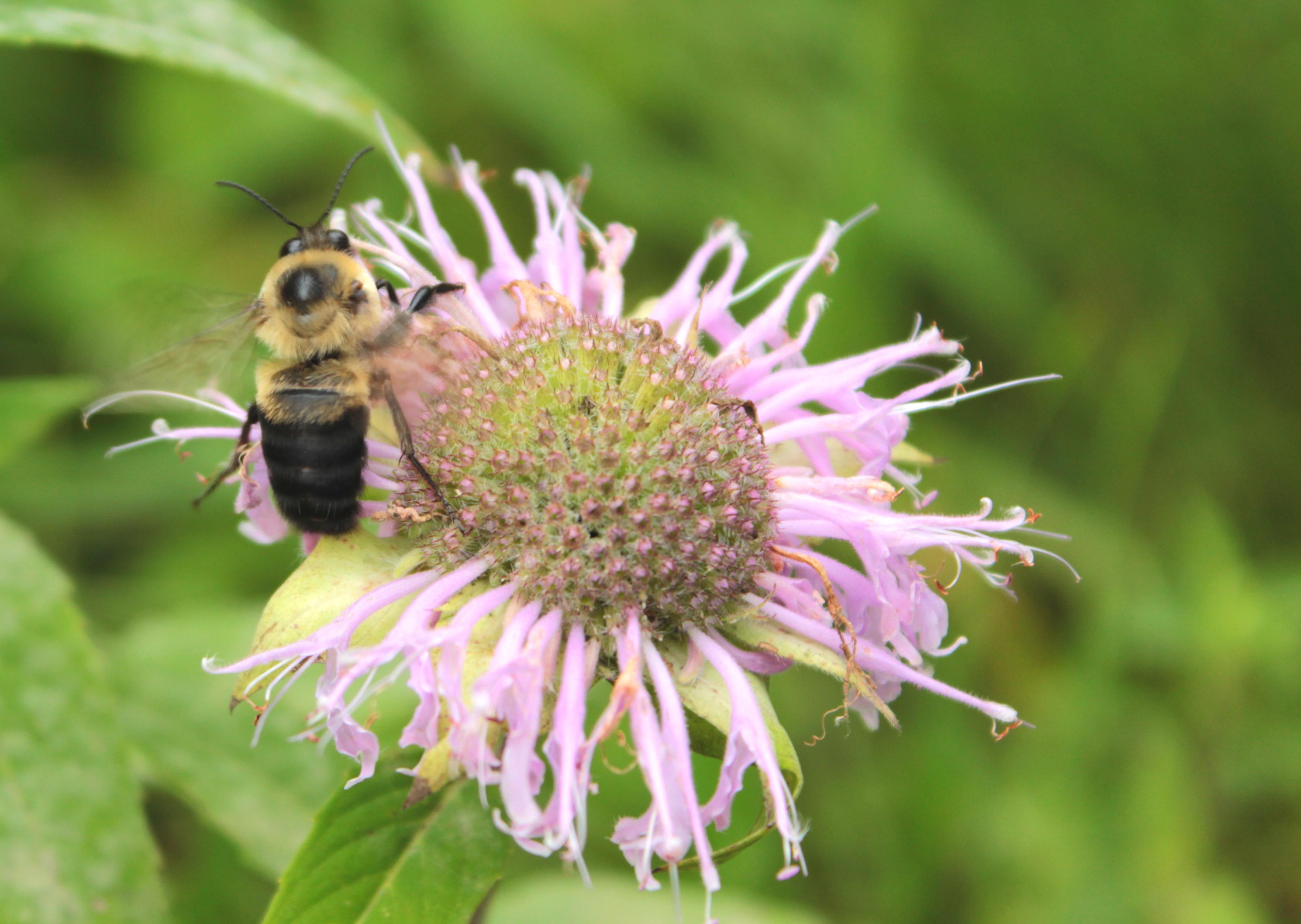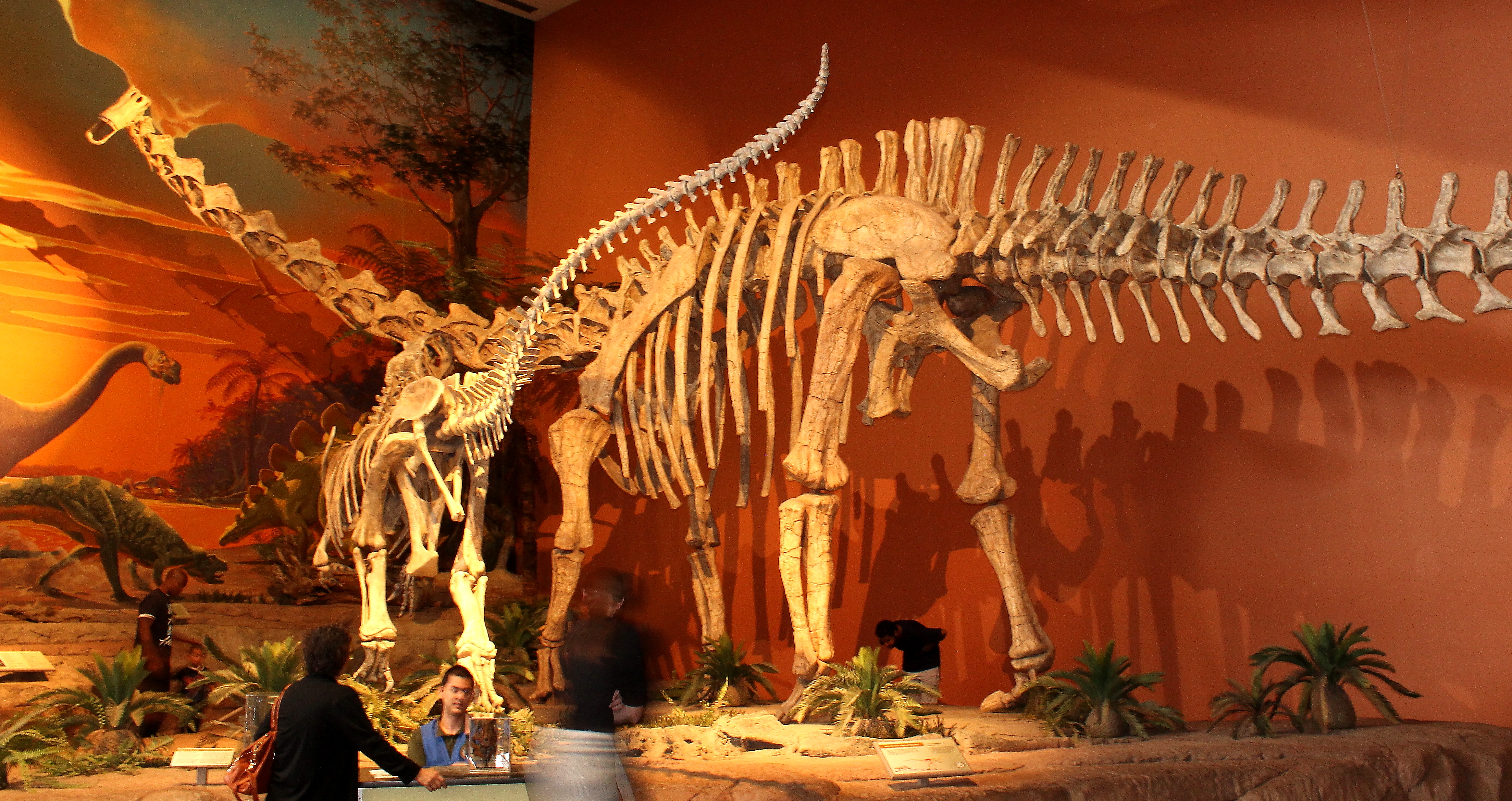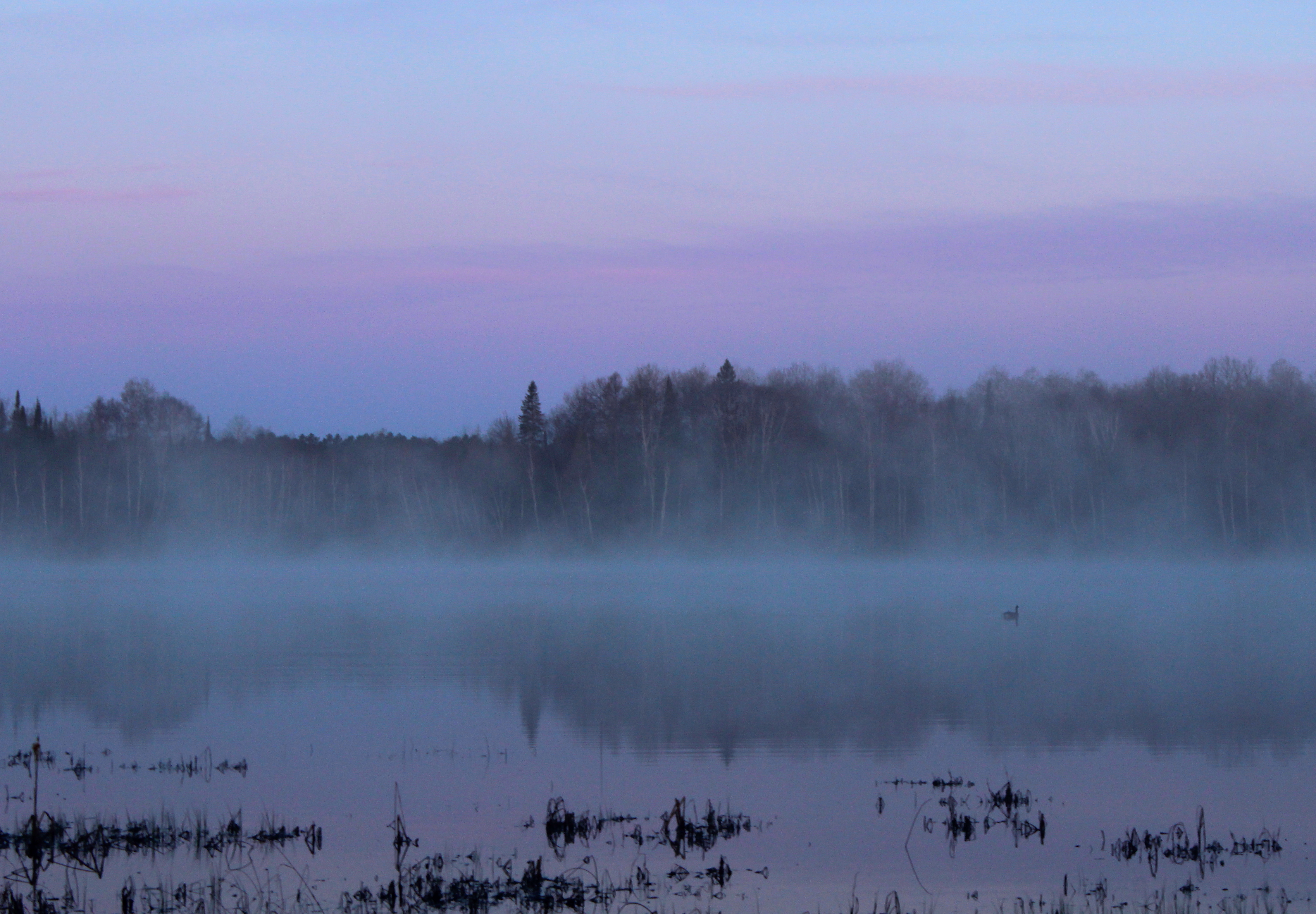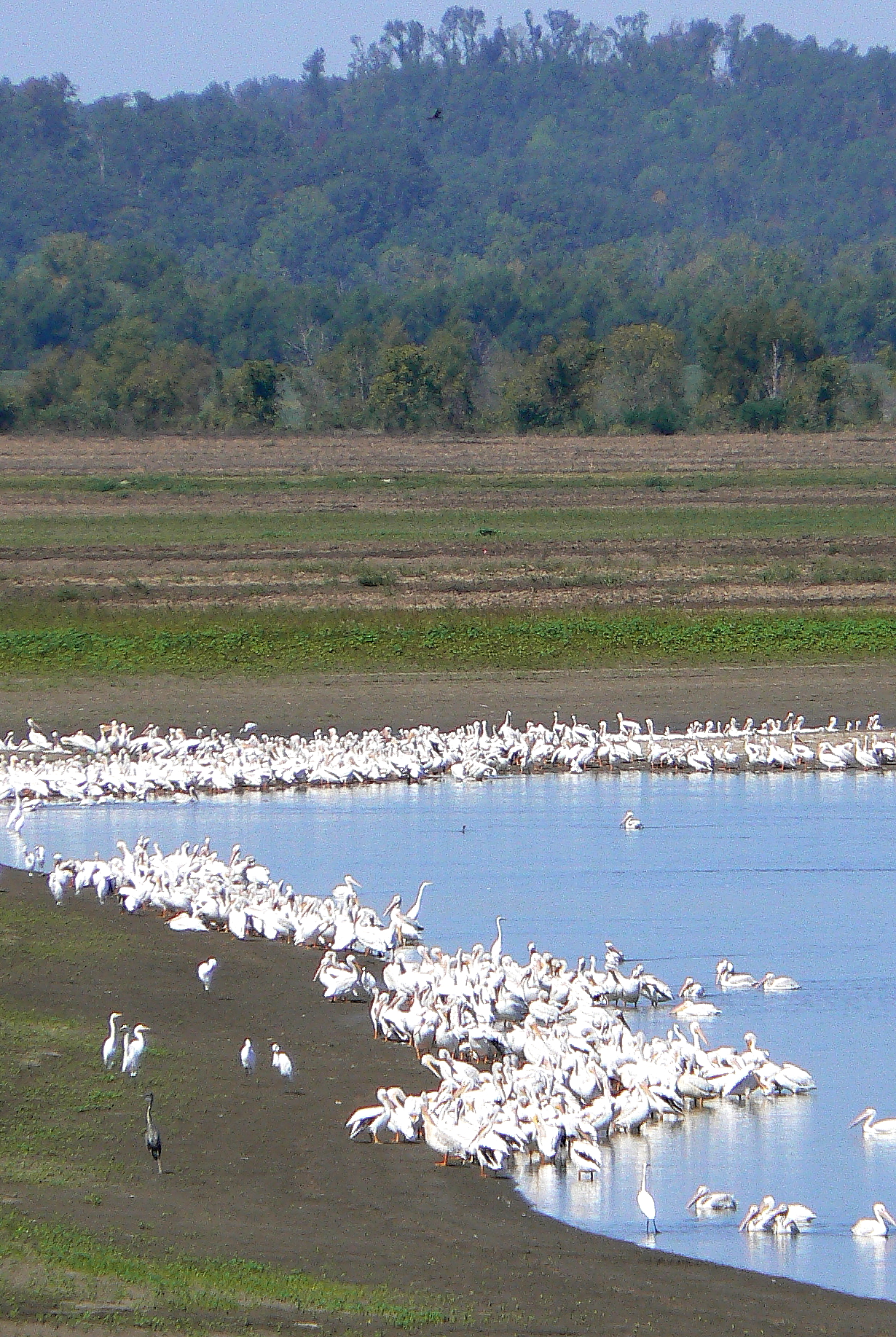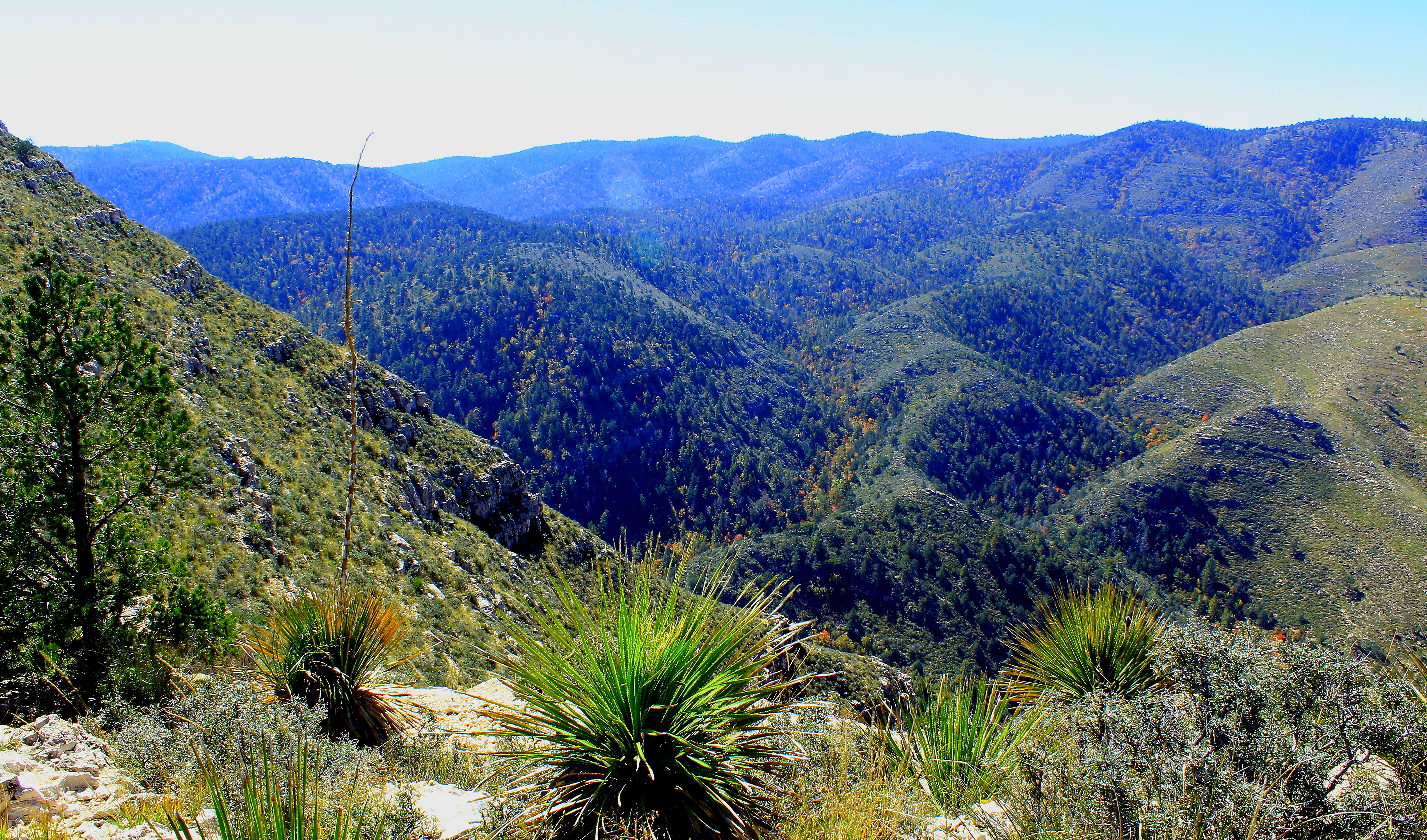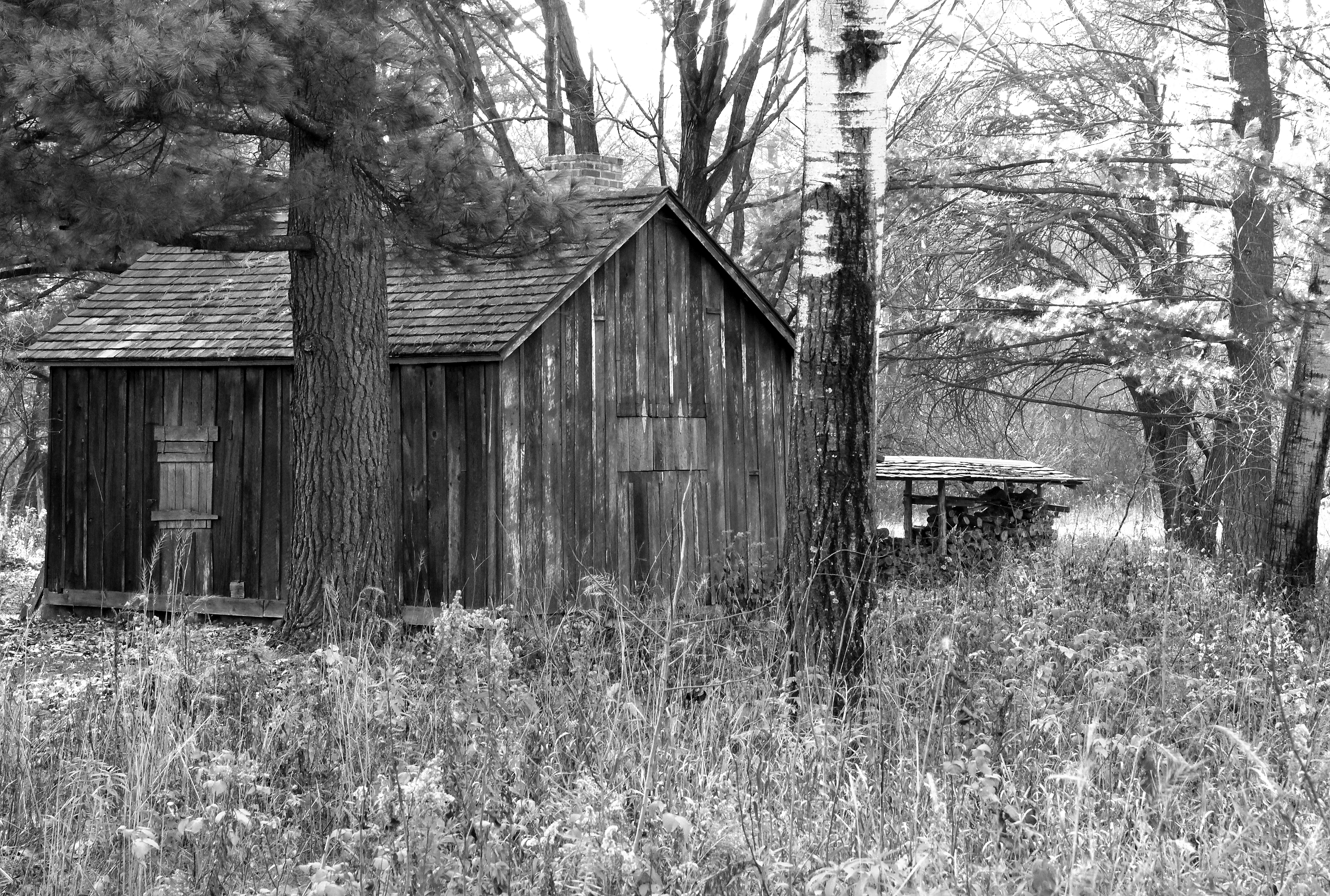September 15, 2016
The Environment is a complex array of interconnections and interbeing (as Thich Nhat Hahn would say). Steve & I have various metaphors for this. He likes to refer to “his bowling pins”. He imagines setting up a toy set of pins on a lawn and bowling at them. When they scatter, you set them back up exactly where they landed and bowl again. This takes you all over the neighborhood in endless permutations. I think of “trophic cascades”, changes in an ecosystem that originate at an extinction or other dramatic altering of balance, similar perhaps to “the domino effect” but less linear. However you try to wrap your brain around it, the nature of Life on this planet is intricate and incomprehensible. We are wise to approach it with the utmost humility. Because we are intrinsically involved, however, we must not fear to engage. We are already…







